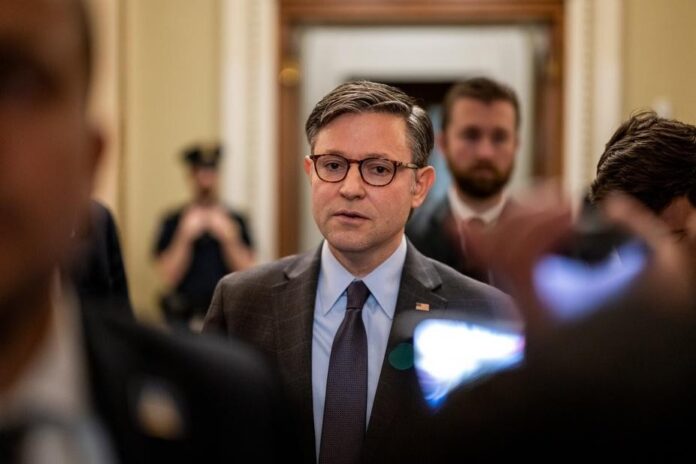Republican lawmakers are moving forward with a plan to end the ongoing government shutdown, proposing an alternative to extending enhanced subsidies under the Affordable Care Act (ACA). Instead of sending funds directly to insurance companies as currently happens, they aim to deliver money to households in the form of contributions to Health Savings Accounts (HSAs).
While President Trump vaguely framed this proposal on 60 Minutes as redirecting “bad healthcare” money away from insurers and “straight to people,” details remain scarce. However, key Republican Senators like Bill Cassidy (R-LA), Ron Johnson (R-WI), and Rick Scott (R-FL) strongly suggest the plan leans heavily on expanding HSAs – a system lauded by conservatives as a “consumer-driven” alternative to traditional health insurance.
HSAs were introduced in the 1990s and formally adopted as such under the Medicare Prescription Drug, Improvement, and Modernization Act of 2003. These accounts allow individuals with high-deductible health plans to set aside pre-tax dollars for medical expenses. Contributions are tax-deductible, earnings grow tax-free, and withdrawals for eligible medical costs are also tax-free.
This includes a wide range of out-of-pocket healthcare expenses like prescription drugs and dental care. By the end of 2022, over 35 million Americans utilized HSAs.
The current proposal raises significant concerns regarding its potential impact on various segments of society:
Potential Benefits for Some, But Not All
While HSAs have proven beneficial for wealthier individuals in higher tax brackets due to substantial tax advantages, they offer little value to lower-income earners who struggle with healthcare affordability. For those already burdened by medical debt often stemming from expensive chronic care, an HSA contribution provides scant assistance.
Additionally, the tax benefits associated with HSAs are less impactful for individuals in lower tax brackets. This means a significant portion of the population wouldn’t experience substantial financial advantages from this shift.
Undermining ACA Protections and Risk Pooling Principles
Beyond the issue of accessibility, the proposed plan echoes past ideas put forth by Vice President JD Vance during the 2022 presidential campaign. His vision involved segregating healthy and unhealthy individuals into distinct risk pools with tailored plans. Healthy people would opt for less expensive high-deductible plans and contribute to HSAs, while those with pre-existing conditions would face more costly comprehensive coverage.
This approach threatens vital protections embedded within the ACA, particularly for individuals with pre-existing conditions.
It risks creating a scenario where premiums skyrocket for those requiring comprehensive care, potentially pricing them out of insurance altogether and leaving them vulnerable. This could lead to an increase in the uninsured population – ironically the very demographic that needs coverage most.
Moreover, this proposal seemingly disregards the fundamental principle underpinning social insurance: risk pooling. It assumes everyone can afford upfront health costs and save for potential future expenses.
This is essential to managing financial risk from unexpected illnesses or injuries. Insurance, including programs like Medicare and Medicaid, and the ACA itself, work by spreading this risk across the population. Healthy individuals subsidize those who become ill, ensuring a safety net for everyone.
The Bigger Picture: Universal Healthcare Access
While the ACA hasn’t achieved its intended goal of dramatically lowering healthcare costs – premiums continue to rise, mirroring trends in the private market – it has significantly expanded access to health insurance and established crucial consumer protections. These include prohibiting discrimination based on pre-existing conditions, mandating coverage for essential services, eliminating annual and lifetime caps on coverage, and allowing young adults to remain on their parents’ plans until age 26.
Unlike many wealthy industrialized nations, the United States lacks a deeply ingrained societal commitment to universal healthcare access for its citizens. Although elements of risk sharing and solidarity exist within specific sectors like Medicare and Medicaid, as well as the ACA marketplace, this shift towards individual HSAs could jeopardize the fragile foundation built by the Affordable Care Act.
The Republican plan raises fundamental questions about the future direction of healthcare policy in the U.S. – a move toward greater reliance on individual responsibility for healthcare costs at the expense of broader societal risk-sharing mechanisms.




















